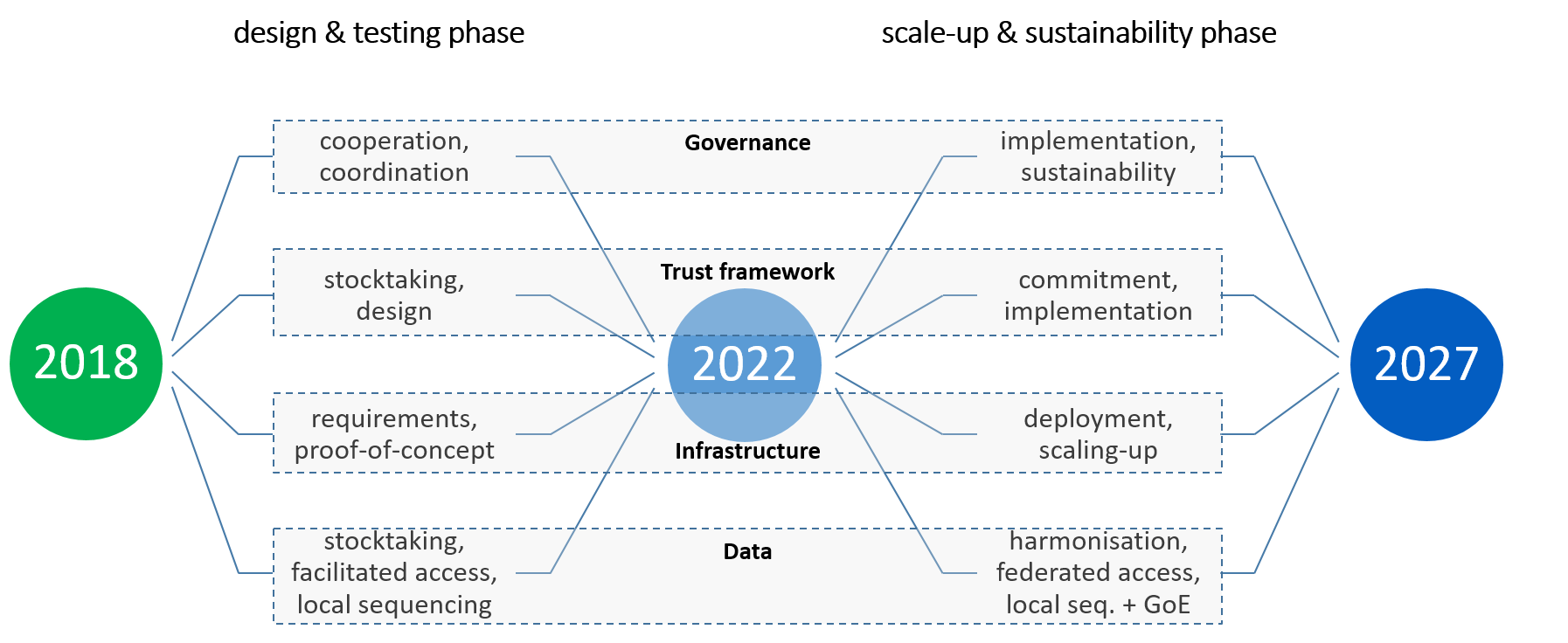To make people part of the solution, the Brazilian city of Recife adopts open innovation, which gives space to innovators, supports them to create prototypes of their solutions and helps transform their ideas into competitive products.
For citizens in most countries, governments are the biggest employer. They provide people with most of their requirements in the form of public services, including health, education and municipal works, while delivering their basic life needs, such as water, electricity, road management and many others. But when it comes to assessing the needs and priorities of their citizens, governments can be right or wrong.
Hence, there is an urgent need to change the prevailing culture, establish more efficient and effective policies and involve people in decision-making, tapping into their potential and innovations. At a certain point, designing public projects, developing solutions to problems and planning services can no longer be limited to a group of government officials.
This is exactly the case in Recife, where authorities have realised that those who experience a problem are the most capable of proposing ways around it, yet they are excluded from designing solutions. The city's municipality launched the ‘Open Innovation and Transformation Squad’ movement to drive a cultural change in public service.
In this project, the city relied on its thriving technology industry and developed a plan that starts with identifying challenges, capturing resources, launching innovation cycles and managing the innovation process. This is done through four tracks: Innovation Cycles (using the legal framework of start-ups), Academic Partnerships, Hackathons and Living Labs.
The process follows the principles of open innovation and includes three macro phases: public challenges, prototyping and development of minimum viable product (MVP),in a period of approximately six months. The first phase involves presentation of the challenges by specialists who have a solid understanding of the general context. Those interested can register to offer solutions to the challenges that concern, affect or have previously faced them. This phase serves as the first step in the selection process, where specific teams are chosen to move forward. Then comes prototyping, where selected teams start developing a non-functional prototype, and this is the second step in the selection process. In the third phase, chosen teams embark on developing a minimum viable product (MVP) to present a functioning solution in a controlled environment that validates the hypothesis of addressing the challenge. At the conclusion of the process, the teams will receive recognition and may also have the opportunity to be employed by the City Hall.
The prototypes move next into extended testing, where they are evaluated, developed or modified if needed, and fixed for any bugs. If a prototype passes all mentioned stages and proves to be a future solution, it can become a competitive commodity in the innovation market.
All challenges and proposed solutions are published on the City Council’s website, with their detailed description and contribution to the UN’s SDGs. Challenge themes range from health, such as how to increase patient attendance at scheduled appointments, to climate, such as ways to increase citizens’ participation in mitigating the impact of climate change, protecting the environment and achieving balance between environmental protection and social welfare.
The City Council hosts events across all stages, such as the "D" Day (presentation of the challenges), the Pitch Day (round table discussions), the Prototype Day and the MVP Delivery Day. These events bring together technology parks, public and private institutions, and start-ups, as well as the research and academic community.
For the time being at least, the open innovation policy will remain limited. Introducing a change of this magnitude is difficult, especially with the current complicated and bureaucratic systems. It also requires massive funding, not to mention the challenges of confidentiality, cyber security and intellectual property. What’s more, leadership support will not suffice unless local authorities in each city respond and show interest in making this change. General behaviour and culture, as well as regulations, must be modified to provide innovators with the legal tools that offer them a clear course of action.
This is what Recife authorities are seeking to achieve by deploying an open innovation policy, developing a joint intellectual property agreement, establishing channels of cooperation with strategic stakeholders, and allocating sufficient funding to support innovations.
In less than a year, the ‘Open Innovation and Transformation Squad’ movement has achieved remarkable results such as: six CPSI's (Innovation Public Contracts) signed, a 70% reduction in the time to identify challenges and run innovation cycles, and an 83% reduction in the cost of an MVP compared to other projects that did not adopt open innovation.
This policy allows the government to design services with multiple actors, including those who stand to benefit from the services, resulting in more targeted and better tailored services, often implemented through partnership with these stakeholders.
References:
https://apolitical.co/solution-articles/en/revolutionising-public-innovation-in-brazil
https://sites.google.com/recife.pe.gov.br/eita-recife/p%C3%A1gina-inicial
https://blogs.worldbank.org/sustainablecities/how-implement-open-innovation-city-government
https://www.bbc.com/future/article/20131016-brazil-tech-hubs-big-ambitions






